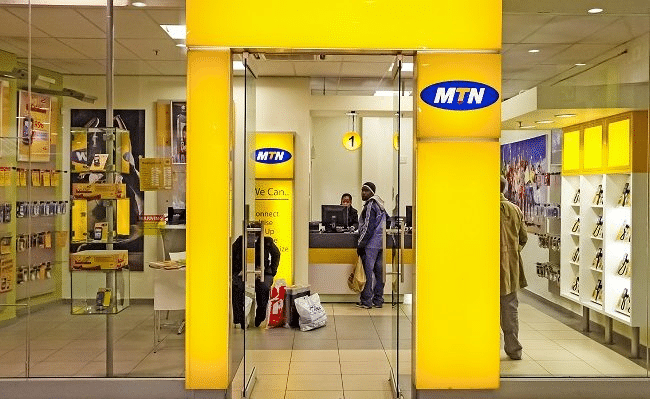MTN sets sights on digital banking in South Africa as new rules open doors for non-bank players

On Monday, December 16, MTN, one of Africa’s largest mobile networks, announced exciting plans to start offering banking services in South Africa. This comes after the South African Reserve Bank (SARB) decided to allow companies like MTN, which aren’t traditional banks, to offer financial services directly to people. MTN aims to reach more customers, especially those who don’t have easy access to regular banks.
MTN already provides financial services through its Mobile Money (MoMo) platform, which helps people make payments and send money using their phones, even if they don’t have a bank account. MoMo is popular with small businesses and people who mainly use cash. Now, with the new changes from the SARB, MTN wants to get its own banking licence and offer more banking services directly, without needing to work through other banks.
“We believe that we should move with the times and open up the system for the entry of non-banks,” said Tim Masela, head of the National Payments System at SARB. This decision is a big change because, until now, only regular banks had access to the national payments system.
MTN already works with banks like African Bank to provide services. But with the new rules, MTN can now apply for its own banking licence in South Africa and offer even more services to its millions of customers. In Nigeria, MTN has already asked for licences to offer similar services.
This move is part of a bigger trend where mobile companies in Africa are adding banking to their services, helping people in areas where traditional banks may not be available. The South African Reserve Bank’s decision will encourage more competition and give people more options for financial services, which could help more people get the banking services they need.
However, MTN may face challenges, including following strict rules from regulators, competing with established banks, and gaining trust from customers who are used to traditional banking. Still, this new step could change the way people in South Africa access and use financial services in the future.





